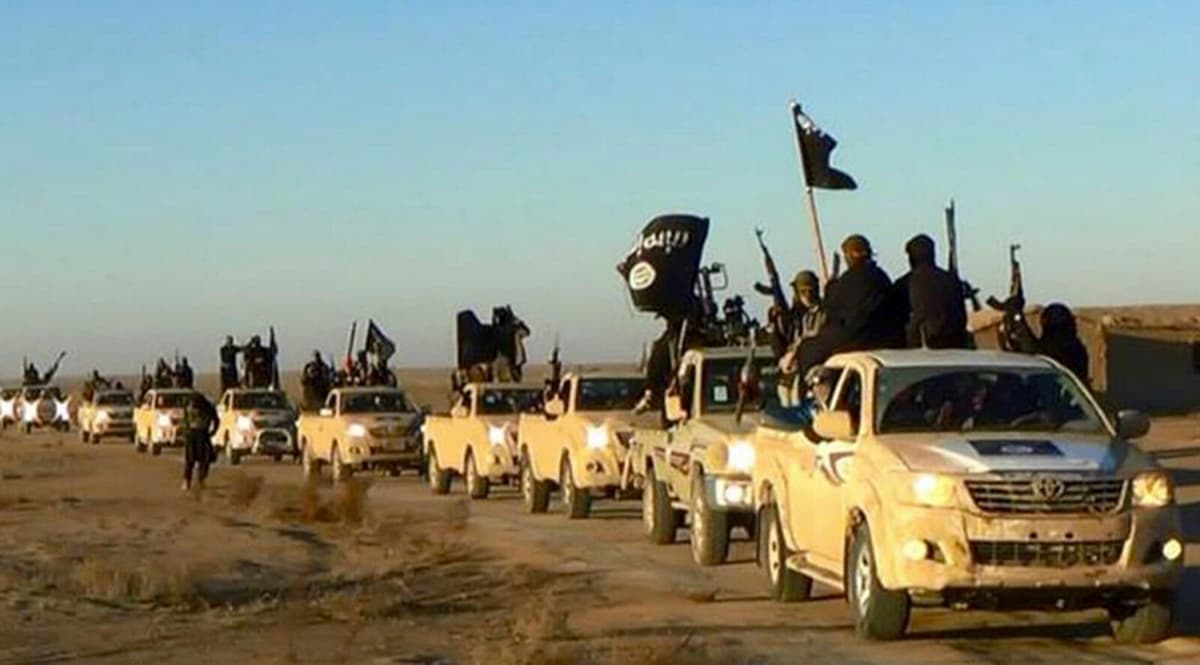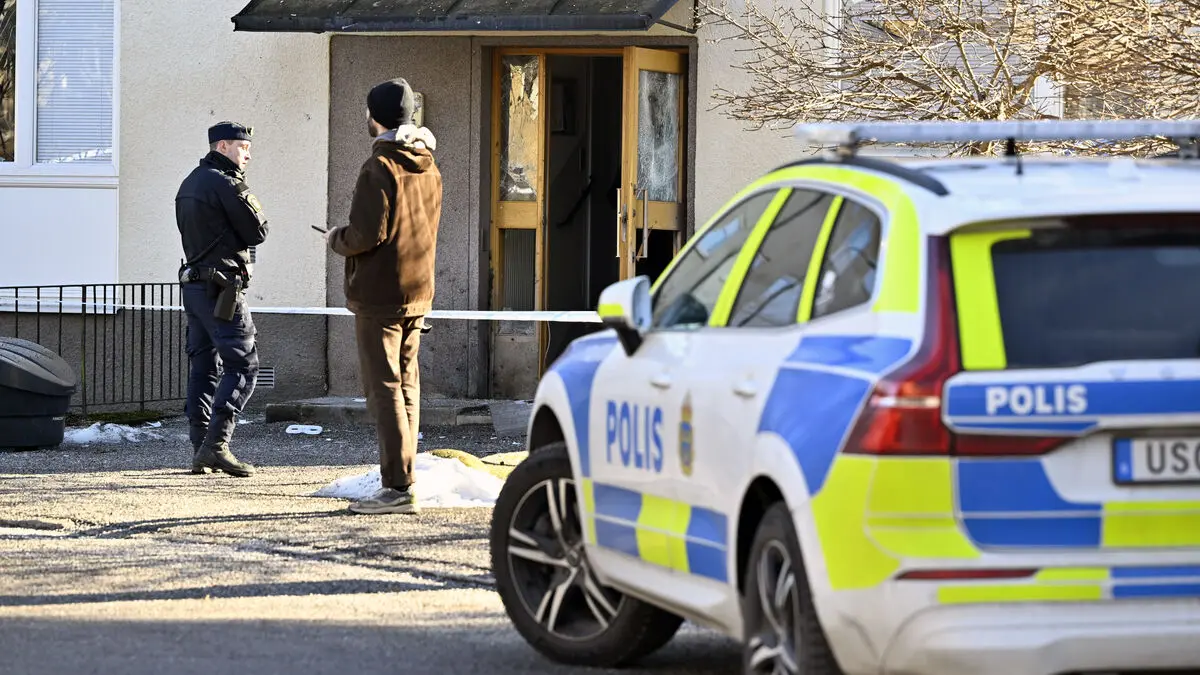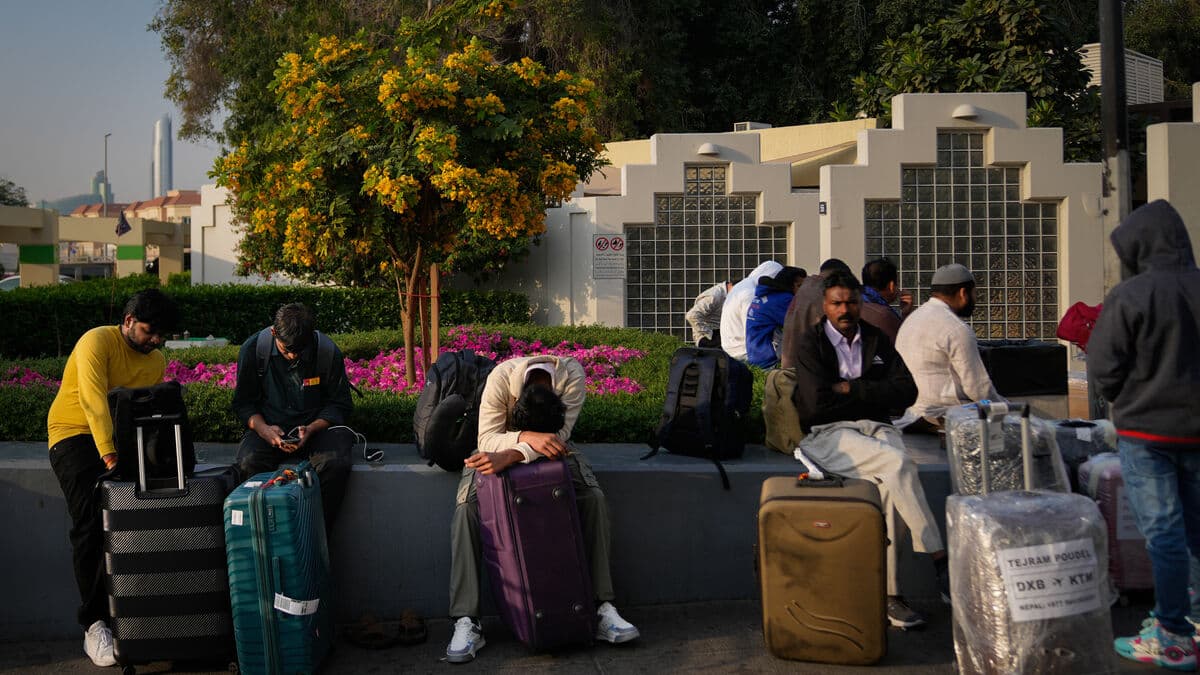The investigation that led to Thursday's indictment for genocide, crimes against humanity, and grave war crimes against the 52-year-old woman from Western Sweden has been ongoing for 2.5 years.
The plaintiffs belong to the Yazidi minority, which the terrorist sect IS committed genocide against. According to the indictment, the woman, who is already serving a prison sentence for grave war crimes in Syria, had them as slaves in her home in al-Raqqah, which was then controlled by IS.
For the war crimes group at Noa, there have been two major challenges during the investigation: first, finding victims and witnesses, and then getting them to testify.
In this case, it has been extra difficult, since many of our victims are very vulnerable and extremely traumatized, says Patricia Rakic Arle, group leader of the investigation group.
UN assistance
To find the individuals, they have, among other things, received help from collaborative partners that the police traditionally work with in war crimes cases, such as UN organizations and investigative authorities in other countries. In Iraq, they have also received help from the UN organization Unitad to conduct interviews.
The Swedish police have also traveled abroad on several occasions to conduct interviews with victims and witnesses themselves.
We have been to several countries both within and outside Europe.
Not everyone they met was willing to participate, she explains.
It's quite common that when we finally locate people, they absolutely do not want to participate, or their relatives do not want them to. It can be a new trauma to be interviewed and participate in a trial.
Traveling to Sweden
However, several women have agreed to participate and will travel to Sweden to testify in court.
Many people still want to tell their story, they want justice for themselves and their people.
What have they told about?
They have told about how they were treated by the suspected woman: humiliated, insulted, abused. They have told that they were not allowed to speak their language or practice their religion and were held captive under slave-like conditions.
The accused woman denies the charges.
Crimes against humanity can, for example, consist of murder, rape, torture, or forced labor, which are carried out as part of a widespread or systematic attack directed against a group of civilians.
Genocide includes the same type of acts, but with the intention of completely or partially destroying a ethnic group.






